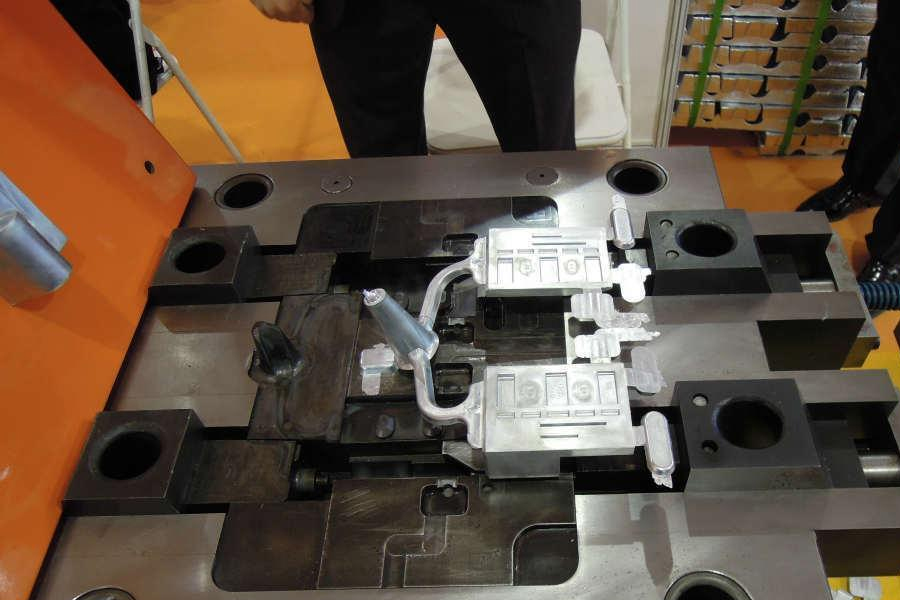The increasing popularity of aluminium
In addition to being the most prevalent metal in the earth’s crust, aluminium ranks as the third most plentiful element in the whole universe. More over eight percent of the bulk of the earth’s core is made up of aluminium. On the other hand, when compared to other metals such as iron, it is quite difficult to refine. Because of this, the use of aluminium has lagged behind that of other metal products while ways that are efficient and cost-effective in overcoming these complications have been created.
Casting metal often involves the use of aluminium, which makes it the most popular alloy. There are a number of factors at play here, the two most important of which seem to be accessibility and standard. Cans of soda and beer are one of the most common sources of aluminium for foundries, which means that many of them may be crushed and melted down to produce metal. Whether they are a hobbyist, an artist, or casting necessary components for house repairs, metal casters will find that aluminium has various qualities that make it a desirable material to work with. Because it can be used in all of the different casting processes, giving it a broad variety of options, many people who cast aluminium also adore the alloy.
What is casting?
Casting is defined as pouring molten metal into a refractory mold chamber and allowing it to solidify. The solidified object is removed from the mold by breaking or dismantling the mold. Casting is the term for the solidified thing. The casting process refers to the methodology used in the approach.
Where is casting used?
Many cars include door handles, locks, the outside casing or housing for engines, pumps, other components, and wheels. Casting is also widely utilized in the toy industry to create pieces for toys such as automobiles, remote controlled toys and planes, and other vehicles.
This article provides a more in-depth explanation of how pressurised die casting works, focuses on the benefits of using this technique. Die casting, permanent mould casting, and sand casting are the three basic ways that may be used to cast aluminium. Die casting is the most common method. When compared to alternative methods of aluminium casting and production, the use of a high-pressure piston to inject molten aluminium into a mould provides a number of distinct benefits.The following is an explanation of the process that underlies each of these ways for aluminium castings India:
- Casting using sand
Using this technique, a mould is made out of a combination of sand that has a cavity in it. This cavity serves as the location where the molten aluminium alloy that will be used to make your item is poured. After the metal has had time to cool and become solid, the sand mould is removed from the component.
2. Casting using a permanent mould
This technique for Aluminium Casting Indiadoes not include the breaking away of the mould, as the name suggests (as it is in sand casting). The hollow of the mould is then filled with aluminium using gravity once a reusable metal mould has been made. After the portion has cooled, the mould is broken apart, and the completed product is either ejected or extracted.
3. Die casting
Die casting is quite similar to permanent mould casting, with the key difference being that molten aluminium is injected into the hollow of the die under pressure, as opposed to being poured into the cavity and filled using gravity. The two processes are comparable, with the exception of this functional distinction; nonetheless.
What are the advantages of Aluminium Casting India?
Aluminium casting is a method that involves making a one-piece item from a design by pouring molten metal into a mould. The following are some of the advantages of aluminium casting:
a. Speeded up the manufacturing process
b. A decrease in price
c. A decreased body mass
d. A simplification of the process
e. A Lower Total Emission
f. A reduction in trash
Casting aluminium offers a wide variety of additional advantages, but the ones listed above are among the most significant. Aluminium casting is an excellent alternative to consider if you want to cut down on your manufacturing time, costs, weight, or complexity.




